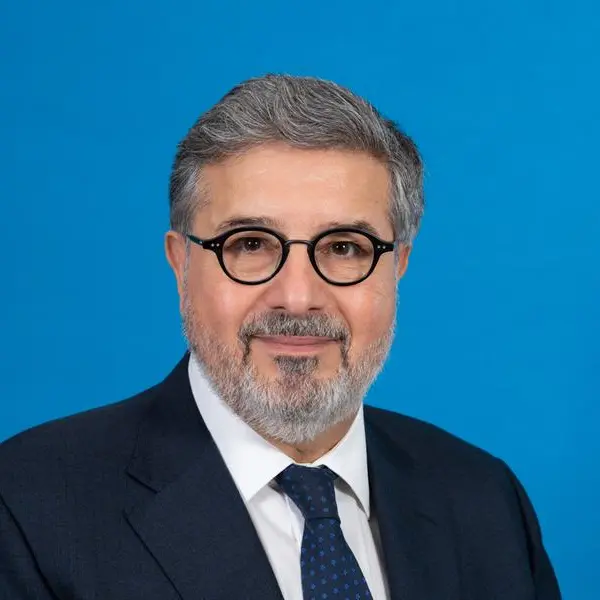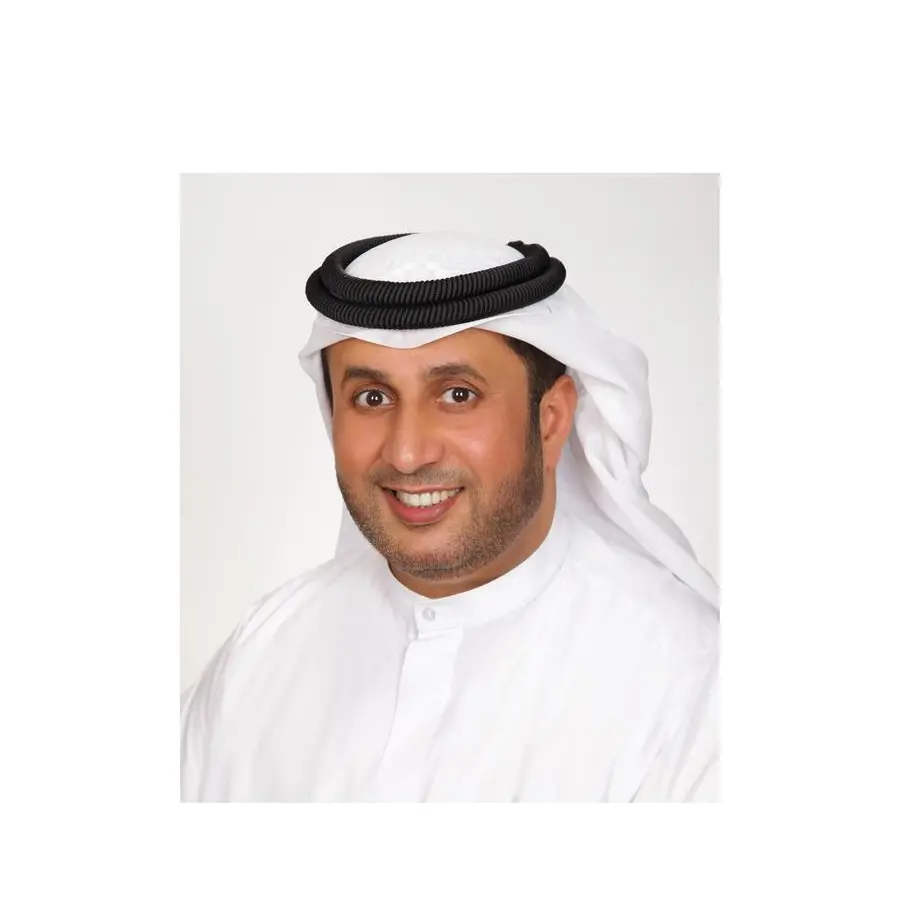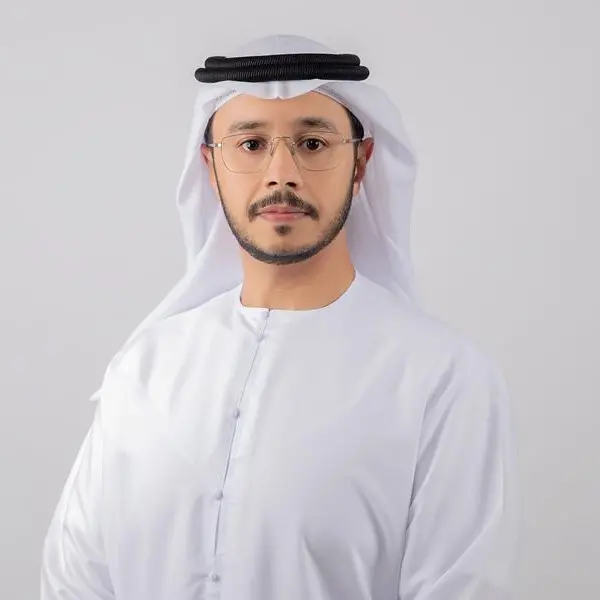PHOTO
UAE, Abu Dhabi: The Abu Dhabi Space Debate, which was held Under the patronage of His Highness Sheikh Mohamed bin Zayed Al Nahyan, President of the UAE, concluded after two days of discussions, sessions and workshops.
The Abu Dhabi Space Debate focused on 3 main topics, which are the sustainability of space, the access to space, and enhancing space security, through more than 35 sessions, ministerial dialogues, workshops and keynote speeches.
H.E. Sarah bint Yousef Al Amiri, Minister of State for Public Education and Advanced Technology, Chairperson of the UAE Space Agency and the Higher Committee of the Abu Dhabi Space Debate said that the outcomes and recommendations of the first edition of the Abu Dhabi Space Debate will contribute to the sustainability and development of the sector globally.
Her Excellency added: “The Abu Dhabi Space Debate witnessed the participation of more than 400 decision makers, officials, representatives of space agencies, leaders of global space forces, and researches from 47 countries. They presented visions and ideas that contributes to the development of international cooperation, and the exchange of experiences, information, technology and modern applications for the peaceful uses of the outer space.”
Her Excellency Sarah Al Amiri noted that 52 international space agencies and institutions, and 77 speakers and experts in the field of space. The first edition of the Debate presented more than 35 sessions, ministerial dialogues, workshops and keynote speeches, that reviewed ideas to benefit from space technologies and applications for development purposes and preserving the integrity and sustainability of the outer space environment.
Future of space
The first edition of the first of its kind Debate highlighted the challenges facing the global space sector, in the presence of presidents, governments, decision makers and leaders, in addition to representatives of international space agencies and private sector.
Participants discussed the future of the sector and its important role in enhancing sustainable development and strengthening the growth of international economy. The discussions and sessions came out with innovative strategies that helps achieving the sustainability of the space sector.
Enhancing communication
The outcomes and advices of the Abu Dhabi Space Debate contributes in strengthening the communication between active forces in the sector globally. The Debate has provided a global platform that brings together leaders and policy makers in the field of space. The international debate identified the most important global needs for the space sector, which include strategic capabilities, the legal and legislative frameworks, and the required infrastructure, to develop this sector and achieve its goals.
The Debate discussed global needs for strategic capabilities, services, infrastructure, laws and basic resources, in addition to encouraging fair and peaceful access to space for all countries, and compliance with international legal frameworks and treaties of the United Nations.
5 agreements on the side-line of the debate
The Abu Dhabi Space Debate witnessed the signing of a number of agreements and MoUs aiming at enhancing cooperation in scientific research, space exploration and knowledge exchange, in a way that serves common interests and strengthens international partnerships that are in the interest of serving the march of science and knowledge.
The UAE Space Agency signed MoUs with the Philippine Space Agency; Bayanat; Anwar Gargash Diplomatic Academy; Amazon Web Services; and the French National Centre for Space Studies (CNES).
Participants in the Debate worked to develop model policies at the global level, in order to consolidate cooperation in the use of outer space, for the benefit of people, in addition to developing programs and initiatives in this context.
The Agenda
The debate discussed a series of subjects including COP28 and space industry, Policies to drive space tech innovation, shared global infrastructure rather than individual sovereignties, threat intelligence and cyber defence for space activities and beyond, as well as a ministerial dialogue discussing the space in national science and technology programmes.
-Ends-


















